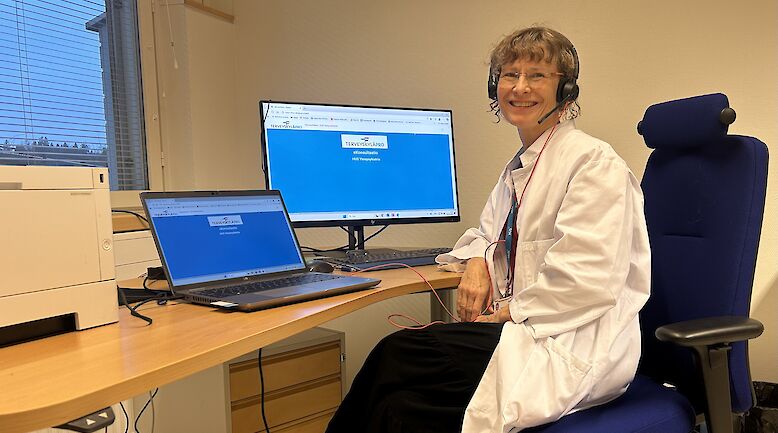English summary: SCREENING FOR DEPRESSIVE SYMPTOMS IN OCCUPATIONAL HEALTH CARE AND REFERRAL OF SYMPTOMATIC EMPLOYEES FOR TREATMENT

Background - We studied the prevalence, determinants and consequences of depressive symptoms. In addition, we evaluated the feasibility of screening and treatment of depression at occupational health services.
Methods - 2 808 employees (1 396 females and 1 408 males) at one workplace had responded to a health survey. From this cohort we selected those with a DEPS (depression scale) score of 11 or higher. These employees received a letter with personal feedback on their survey results and an invitation to a consultation at the occupational health services (OHS). Occupational health resource use was analysed from the patient registers and combined with the survey results, demographic data and archival data of sickness absence. Sickness absence and health resource use were followed up for six months. Crosstabulation and logistic regression were used in the statistical analysis.
Results - 174 employees (6.2%) reported depressive symptoms (DEPS > 11). Symptoms were more common among females than males. In females, age tended to increase the prevalence of depressive symptoms, but there was no association between occupational grade and prevalence. In males, age and blue-collar occupational grade increased the prevalence of depressive symptoms. Depressive symptoms predicted future sickness absence and occupational health resource use due to reasons other than depression. After the invitation, 100 employees (57%) attended a consultation with the occupational physician. Treatment of depression was started for 42 employees; 24 employees were already receiving adequate treatment.
Conclusions - Employees with depressive symptoms can be identified with a health survey and a significant proportion of them attend a consultation at OHS when invited.












